Academic Publications
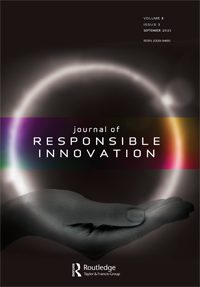
Nanoscientists’ perceptions of serving as ethical leaders within their organization: Implications from ethical leadership for responsible innovation
Journal of Responsible Innovation
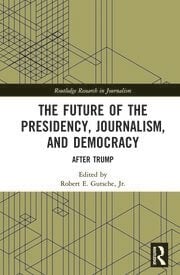
Conservative News Audiences A Lack of Media Trust and How They Think Journalism Can Improve
The Future of the Presidency, Journalism, and Democracy: After Trump

Platformed antisemitism on Twitter: Anti-Jewish rhetoric in political discourse surrounding the 2018 US midterm election
New Media & Society
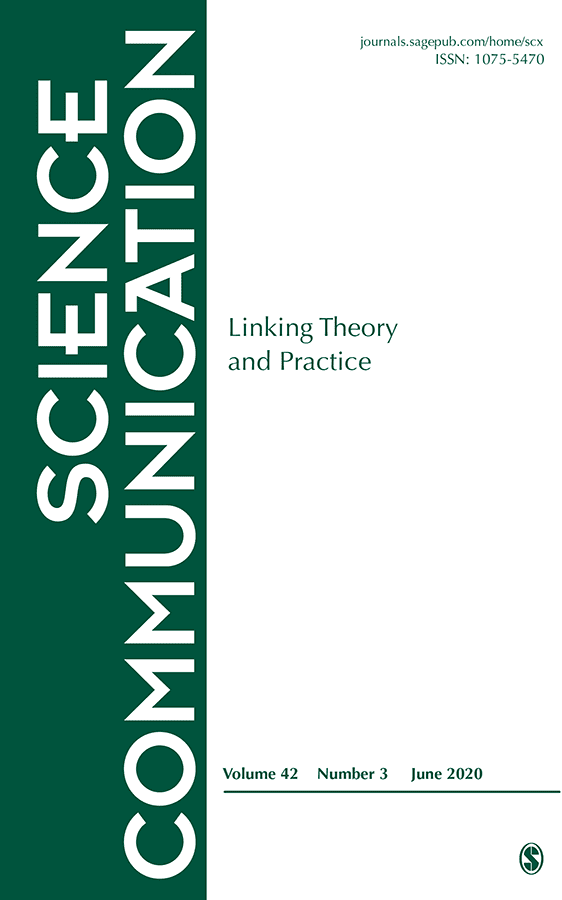
Effect of Context on Scientists’ Normative Beliefs
Science Communication, 44(1), 86–107

Risk perception, affect, and information avoidance during the 2016 U.S. Presidential election
Journal of Risk Research
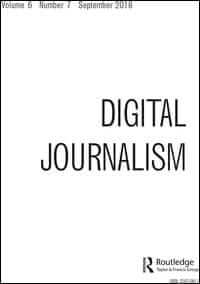
Effects of a high-person-centered response to commenters who disagree on readers’ positive attitudes toward a news outlet’s Facebook page
Digital Journalism
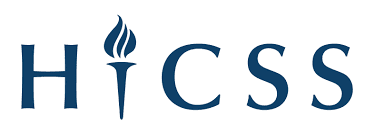
Online political comments: Americans talk about the election through a “horse-race” lens
Proceedings of the Digital and Social Media track of the Hawaii International Conference on System Sciences [HICSS]
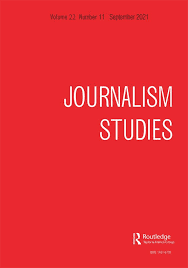
Negotiating sociomateriality and commensurability: Human and algorithmic editorial judgment at social media platforms
Journalism Studies
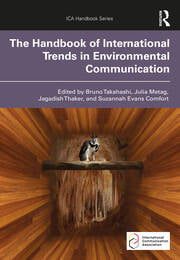
Comparing the Literature of Science, Risk, and Environmental Communication
The Handbook of International Trends in Environmental Communication
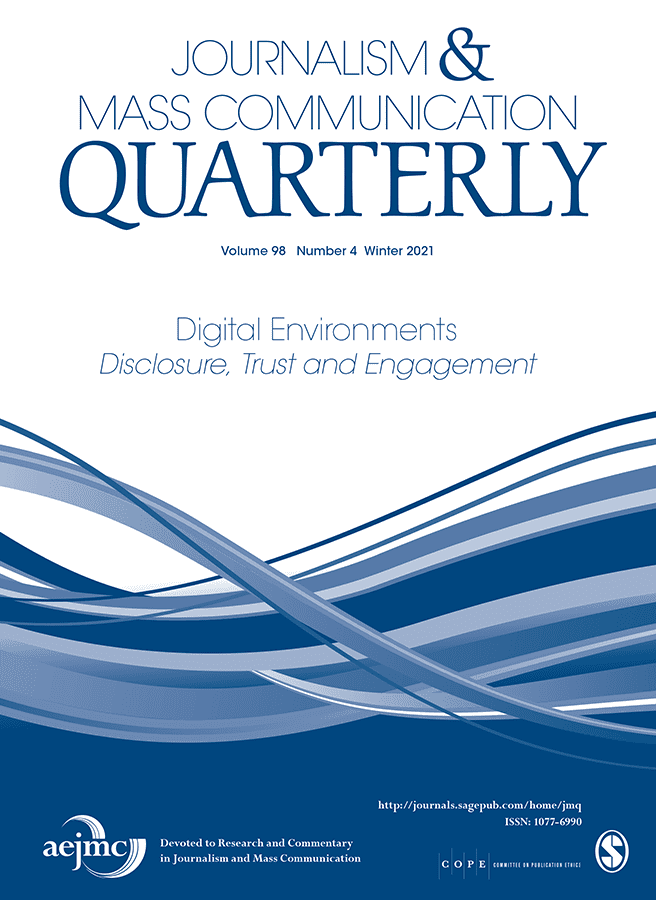
Signaling news outlet credibility in a Google search
Journalism & Mass Communication Quarterly
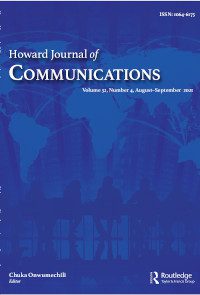
“It’s just not the whole story”: Black perspectives of protest portrayals
Howard Journal of Communications

“Toxic atmosphere effect”: Uncivil online comments cue negative audience perceptions of news outlet credibility
Journalism
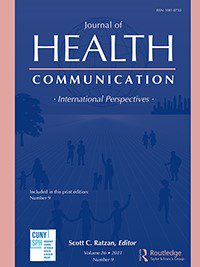
The Impact of Emotion and Government Trust on Individuals’ Risk Information Seeking and Avoidance during the COVID-19 Pandemic: A Cross-country Comparison
Journal of Health Communication
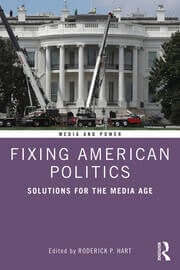
Measure newsroom effectiveness differently
Fixing American Politics
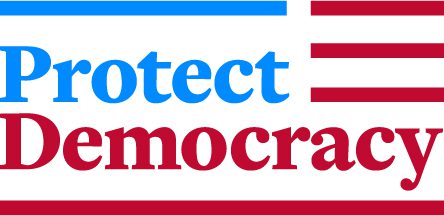
At the epicenter: Electoral propaganda in targeted communities of color
Protect Democracy

News engagement: The roles of technological affordance, emotion, and social endorsement
Digital Journalism, 9:8, 1007-1017
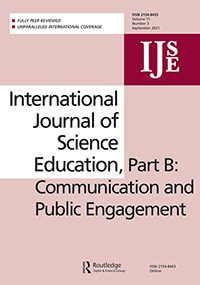
Examining the perceived value of a prestigious science engagement award: views of applicants, finalists, and awardees
International Journal of Science Education, Part B
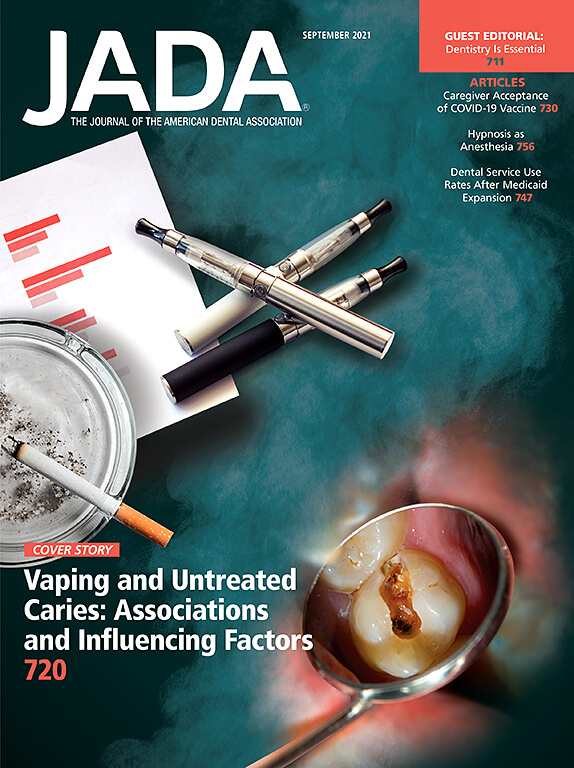
Promoting support for community water fluoridation: Testing message effects and the role of normative beliefs
The Journal of the American Dental Association

Journalism as a profession of conditional permeability: A case study of boundaries in a participatory online news setting
Journalism

Constructive journalism in the face of a crisis: The effects of social media news updates about COVID-19
Journalism Studies

“To me, there’s always a bias”: Understanding the public’s folk theories about journalism
Journalism Studies

“Crisis coverage gap”: The divide between public interest and local news’ Facebook posts about COVID-19 in the United States
Digital Journalism
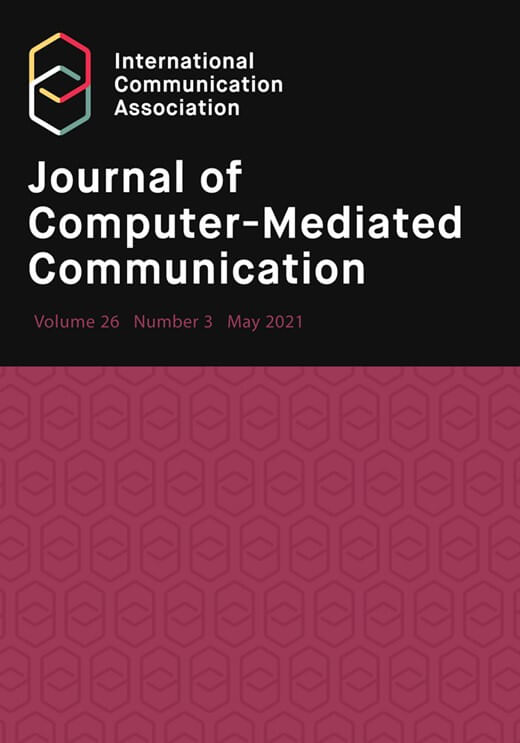
Pathways to deeper news engagement: Factors influencing click behaviors on news sites
Journal of Computer-Mediated Communication, Volume 26, Issue 5, September 2021, Pages 265–283
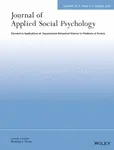
“Doing Good” versus “Being Good”: The interplay between pride appeals and regulatory-focused messages in green advertising
Journal of Applied Social Psychology
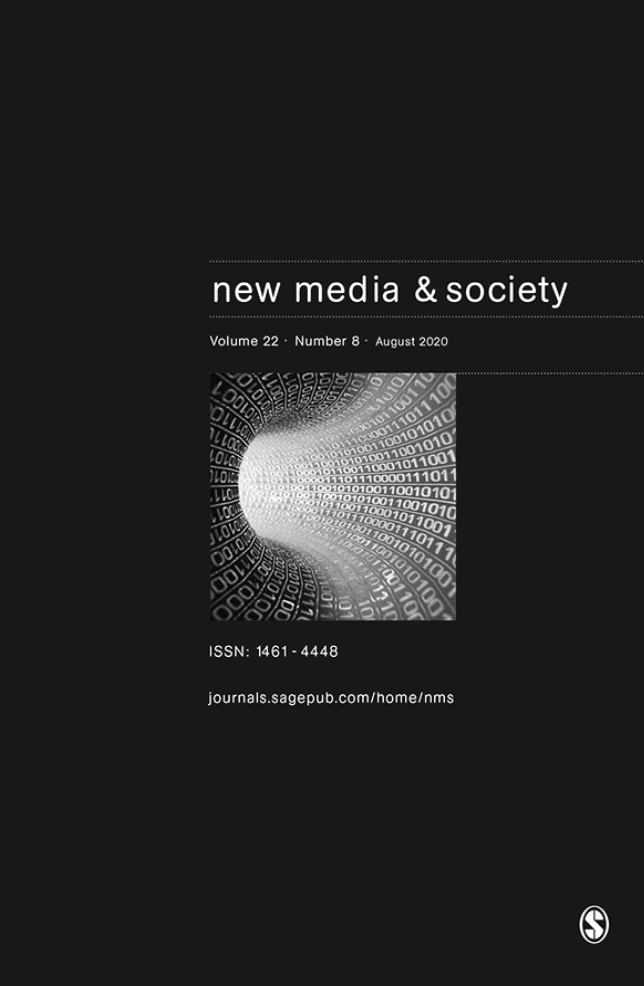
Common sense or censorship: How algorithmic moderators and message type influence perceptions of online content deletion
New Media & Society

Asymmetric adjustment: Partisanship and correcting misinformation on Facebook
New Media & Society
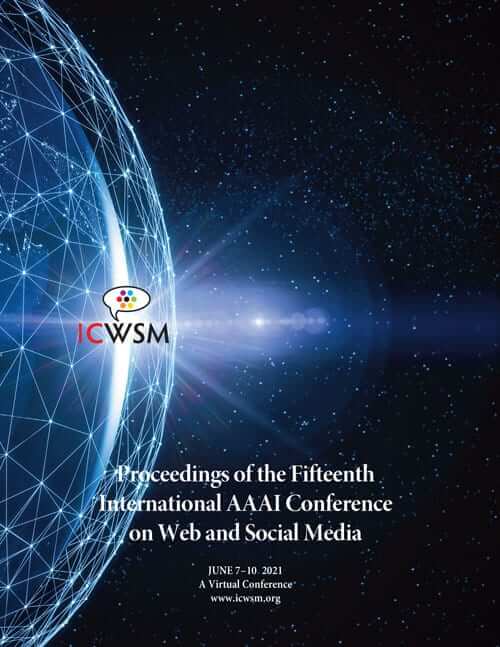
COVID-19 coverage by cable and broadcast networks
Proceedings of the International AAAI Conference on Web and Social Media, 15(1)
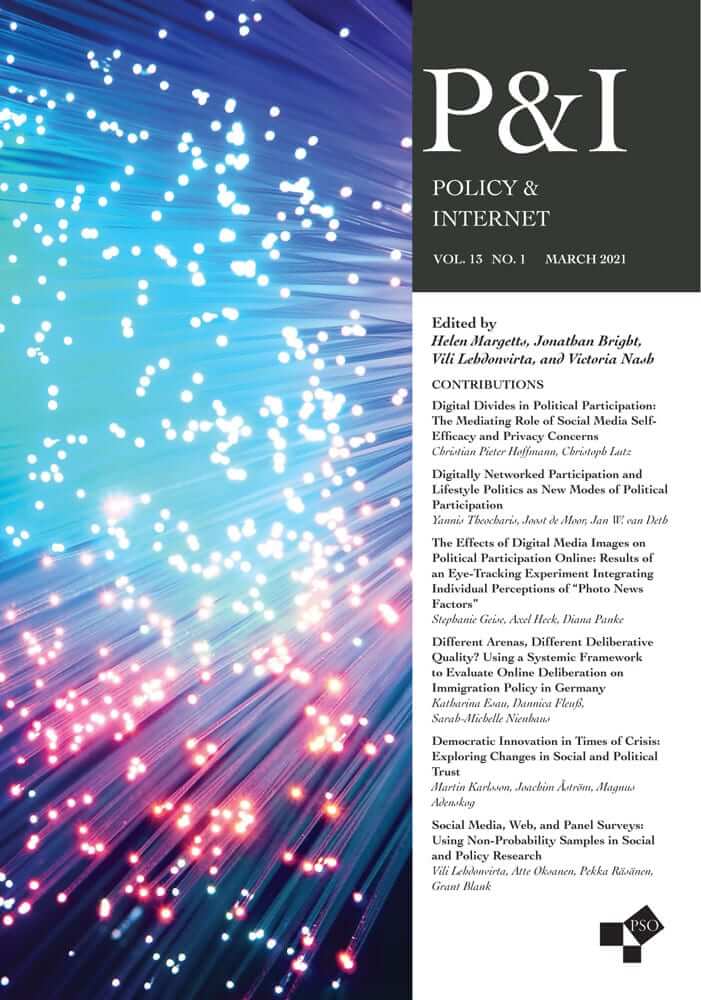
Who is responsible for interventions against problematic comments? Comparing user attitudes in Germany and the United States
Policy Internet, 13, 433– 451

American Scientists’ Willingness to Use Different Communication Tactics
Science Communication
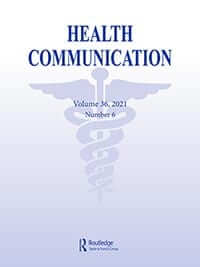
U.S. Political Partisanship and COVID-19: Risk Information Seeking and Prevention Behaviors, Health Communication
Health Communication

